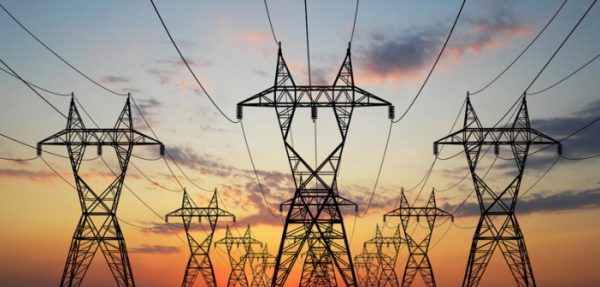
The Nigerian National Petroleum Corporation (NNPC) and its incorporated joint venture companies have set between three and 10 years to generate 4,000 megawatts of electricity to boost power supply in the country.
The Group General Manager, Group Public Affairs Division of the NNPC, Ndu Nghamadu, who quoted the corporation’s Chief Operating Officer (COO), Gas and Power, Saidu Mohammed, at the 2017 retreat of his Autonomous Business Unit (Gas and Power), as saying this in Kaduna, added that the feat would be achieved through building of independent power plants.
Mohammed said the power plants would be built by a joint venture that will include NNPC, international power companies and other Nigerian investors to be structured after the Nigerian Liquefied Natural Gas (NLNG) business model.
“Power generation is a big business. As at today, NNPC has interest in two power plants, one in Okpai, Delta State and the other in Afam, Rivers State, which were respectively built by our joint ventures with Nigerian Agip Oil Company (NAOC), and Shell Petroleum Development Company (SPDC). These two power plants collectively generate up to 1,000 megawatts and they are the most reliable and cheapest source of power to the national grid in Nigeria today,” Mohammed said.
He said plans were underway to commence Okpai Phase 2 Power Plant and other JV power plants like Obite and Agura to boost power generation in the country. Meanwhile, a number of power Distribution Companies (DisCos) have resorted to staff retrenchment and rejection of power quota, among others as cost cutting measures.
The measures however, are against pre-privatisation agreement aimed at creating employment opportunities and achieving improved and steady power supplies across the country.
The Guardian learnt that the DisCos are instigating the Power Generation Companies (GenCos) to reduce power generation against what is required to boost socioeconomic and industrial development of the country.
Also, the Transmission Company of Nigeria (TCN) has raised the alarm over rejection of power loads by the DISCOs thereby forcing GenCos to cut down on power generation.
TCN had further complained that the rejection of power for distribution is subjecting its transmission facilities to excess frequency due to storage and none distribution of power generated by the GenCos.
TCN in a statement by its General Manager, Public Affairs, Seun Olagunju, stressed that the directive was issued with a high sense of duty and responsibility to the nation and the entire electricity industry.
She also explained that the system operators’ decision is based on the fact that at normal operating frequency of 50Hz, the active power generated is equal to the active load consumed and losses.
She said if the generated power is more than the load connected, the frequency rises higher than 50Hz, which can result in system disturbance.
Source: Guardian




